Will the Gaza Conflict Cause ISIS and Al-Qaida Revival?
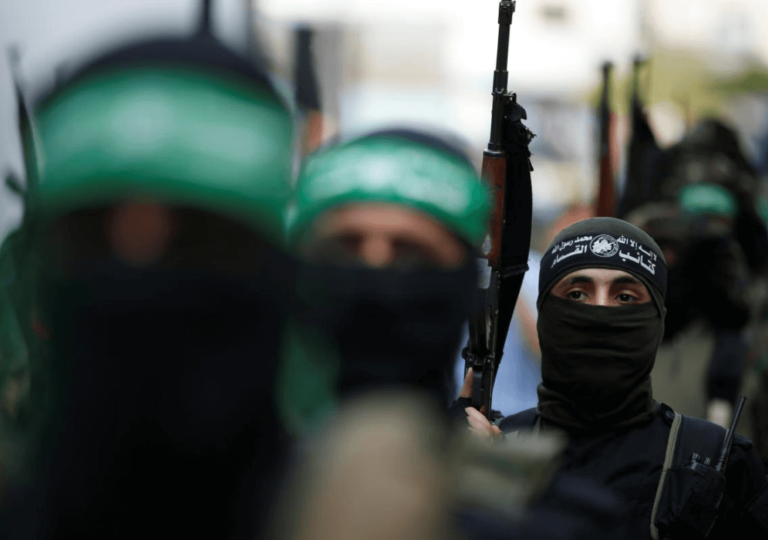
Gaza conflict fuels radicalization among youth, raising global terrorism concerns

Gaza conflict fuels radicalization among youth, raising global terrorism concerns
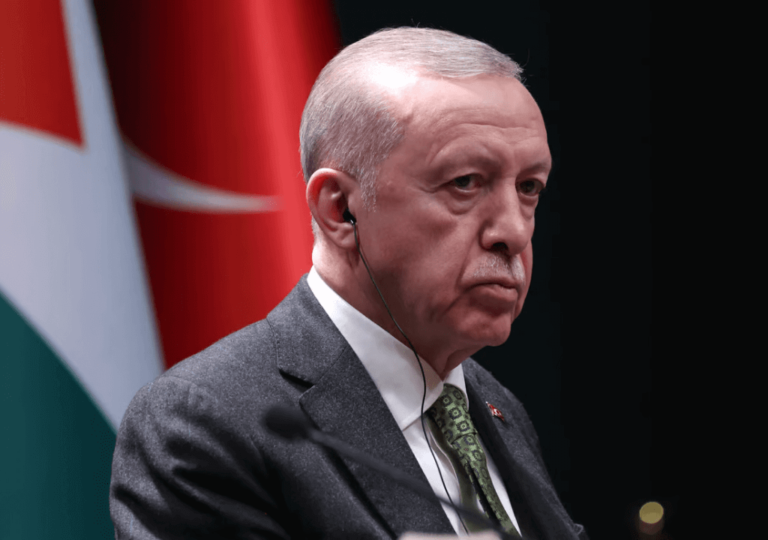
Turkey's Erdogan hints at possible intervention in Gaza amid rising tensions with Israel
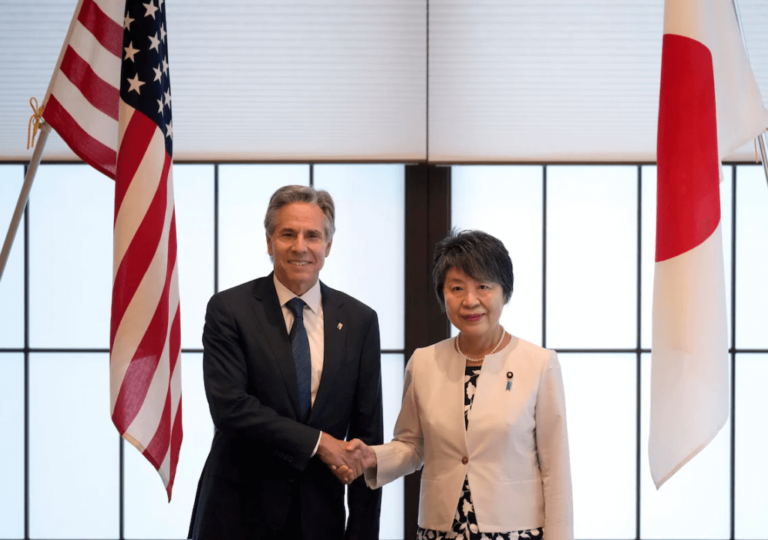
US and Japan bolster military ties amid rising tensions with China
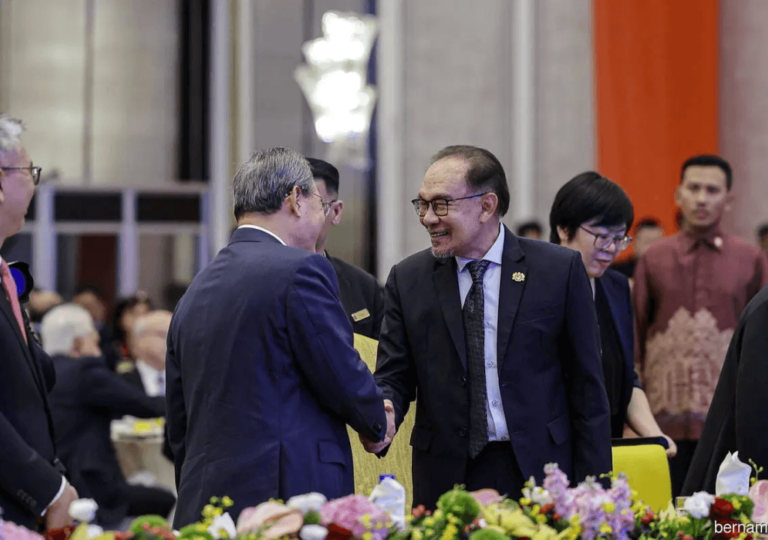
Malaysia's strategic position and semiconductor investments align it with U.S. interests, potentially joining Asian NATO
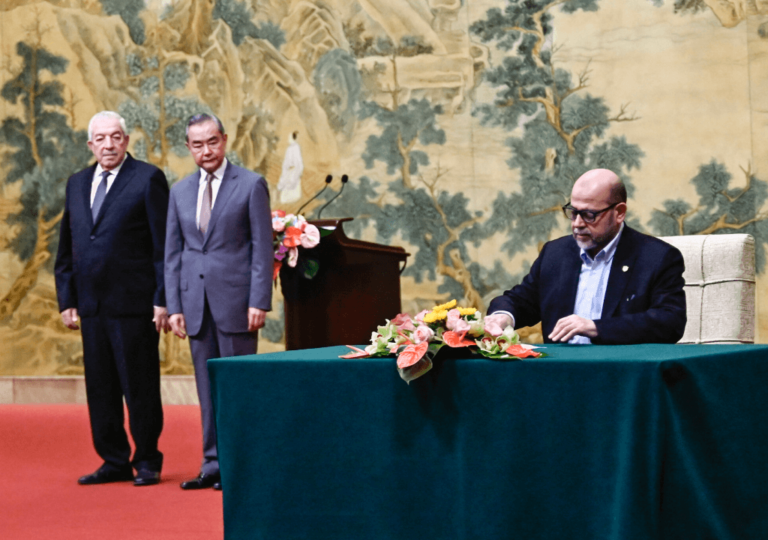
China brokers Palestinian unity deal, but doubts remain over its impact on Gaza crisis and Israel's response
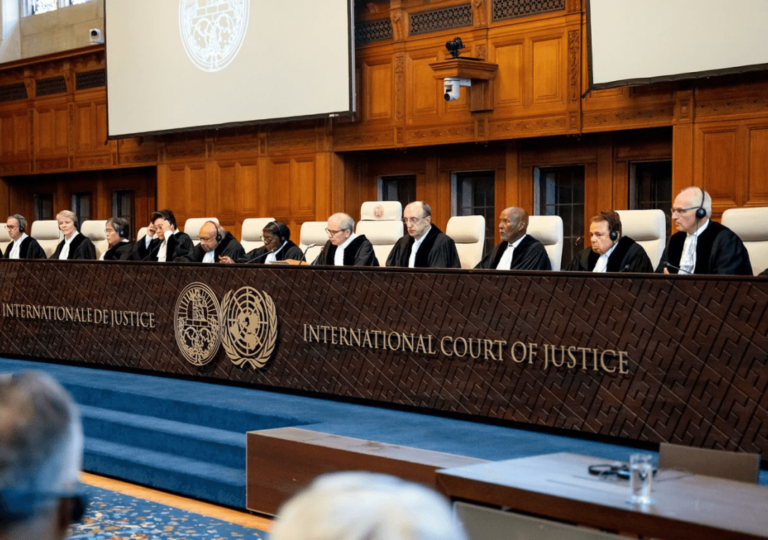
The ICJ orders Israel to end its West Bank occupation, marking a pivotal moment
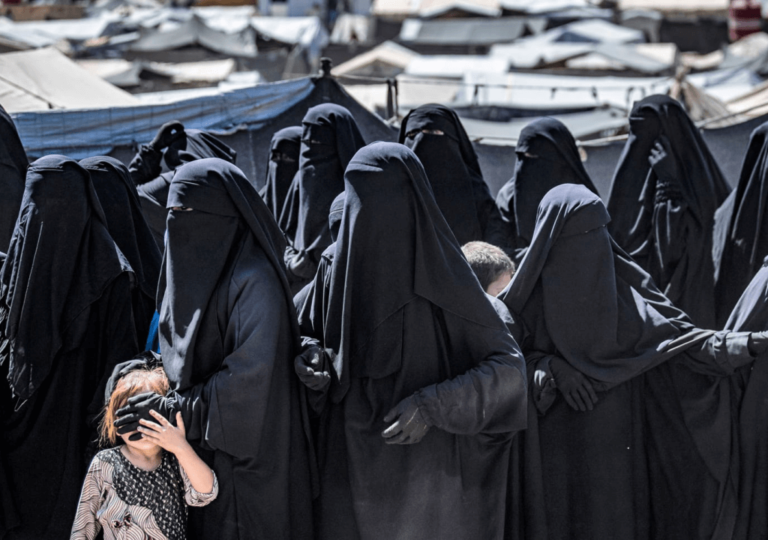
Islamic Republics blend Islamic principles with governance, facing cultural and economic challenges
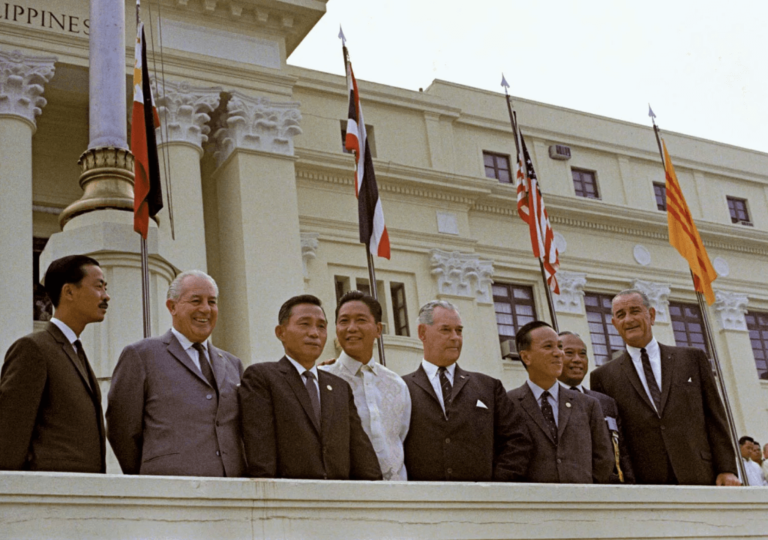
NATO's role in defending against communism and the Soviet Union, and the potential formation of a NATO-like military alliance in East Asia to counter China's influence
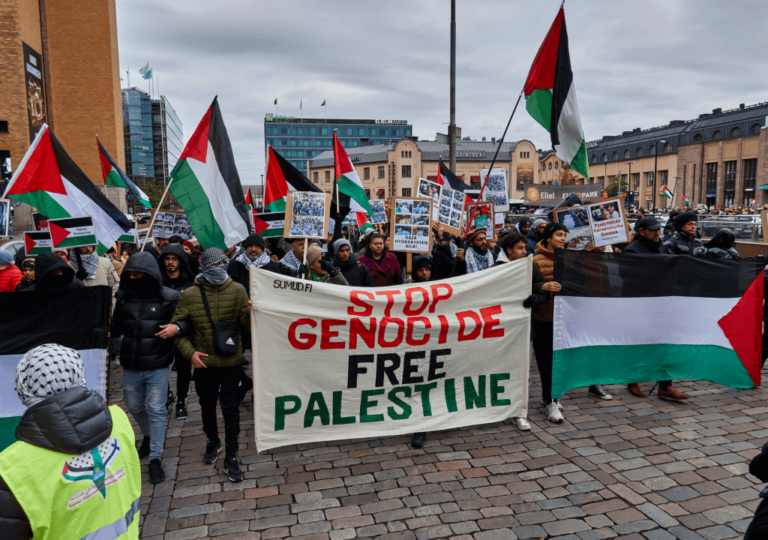
Armenia recognizes Palestine, straining ties with Israel amid shared history and complex relations.
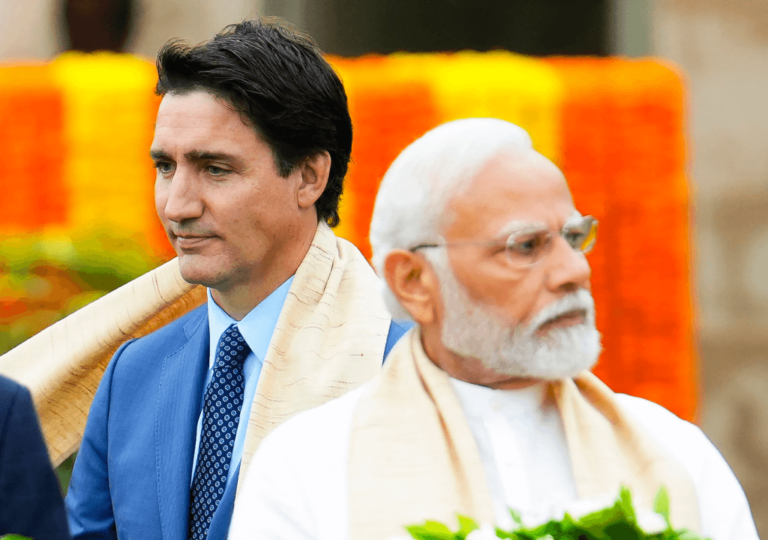
Tensions between India and Canada over Sikh extremism and immigration issues have strained diplomatic ties.